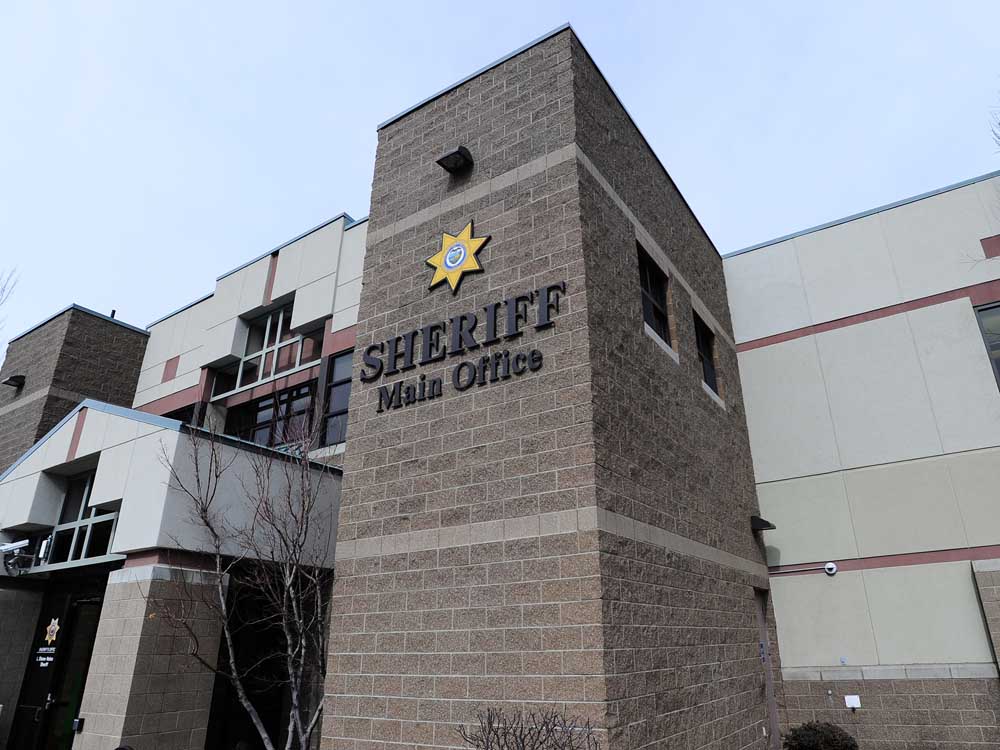Guest Column: Revive the spirit of Wendell Willkie
Published 9:00 pm Wednesday, February 14, 2024

- Wendell Willkie in 1940.
There are these painful truths to acknowledge, to live with as we’ve been doing: the messy, diminishing function of our politics, the cheapening of our noble institutions by those who have replaced statesmanship with gutter rhetoric. There is virtually no discussion of policy and the concerns, needs, trials of the citizenship; rather we endure name-calling, threats, sniping and currents of foul-mouthed blather.
Think now of where we are: attending to wars not yet quite our own. But surely they are close enough for us to consider the state of our military and armaments. This is one world, whether we want it or not. Everything that goes on thousands of miles away has a direct influence on us. We are therefore involved. The humanity suffering on the other side of the world may not have been a direct result of our actions; nevertheless we share in the responsibility for it. Isn’t that proved by all the supplies we’ve sent abroad in support of the wars taking place. It’s pointless to suggest we can do otherwise.
Trending
Eighty years ago a candidate for president, who lost the election, was asked by the president to whom he lost, to make a noble journey. He was a Republican, the president a Democrat. (Wouldn’t it be a marvel if such scene might be obtain today!) The president requested he cross the world and inquire among the leaders and general citizenry of many countries what were their views of the world while it fought in a world war. What might peace be after the war, which was surely to be won by the western powers fighting brutal fascism and cruel imperialism. This man, Wendell Willkie, at FDR’s wishes, spent a great deal of time and energy in countries both large and small, like those of southern Asia as well as China and India; those in eastern Europe as well as Russia and the Balkans. And France and the United Kingdom. Mr. Willkie came away with the understanding that people everywhere wanted, above all, freedom. Basic freedom. Freedom to choose and to live where such freedom was the currency of daily life. Freedom to determine the course of that life, under a government of their own choosing, with laws and regulations created by their own interests, views, sympathies. He also understood that no one country might impose its own values on another. The shared understanding — might it someday be simply assumed as we, here, have assumed the well-being of our own lives? And now, it seems, that assumption is in peril. Forces of strange discontent are spreading like bad air over the land. The vision held by Wendell Willkie, once well-considered, is weakened, about to be shattered, dropped into a dark place. One world? For many the idea is laughable. For many the current direction is to the giving over of the freedom we assumed to the self-proclaimed authorities, who take control of our thinking, by censorship and the inhibition of certain gatherings and speech; by the imposition of censorious methods and concepts and facts and views of education at all levels. So much of what’s going on here is known to the rest of the world. No longer has our country the influence, simply by being who and what we are, a light by which others are guided. We are not who we were, what we were. We’ve been drawn back or down into a slippery morass, the suffering of which is the doubtfulness of our own daily life.
One wonders if the matter here is overstated. That what we’re experiencing in this atmosphere is a passing hour in our history. Prayer for that to be the case no doubt may ease the pain in the heart and soul; but how otherwise—in manner and action — might we regain our spirit, the one by which Wendell Willkie went out into the world as though inspired and directed by the promise embedded in the concepts of well-being and freedom?
Do you have a point you’d like to make or an issue you feel strongly about? Submit a letter to the editor or a guest column.








